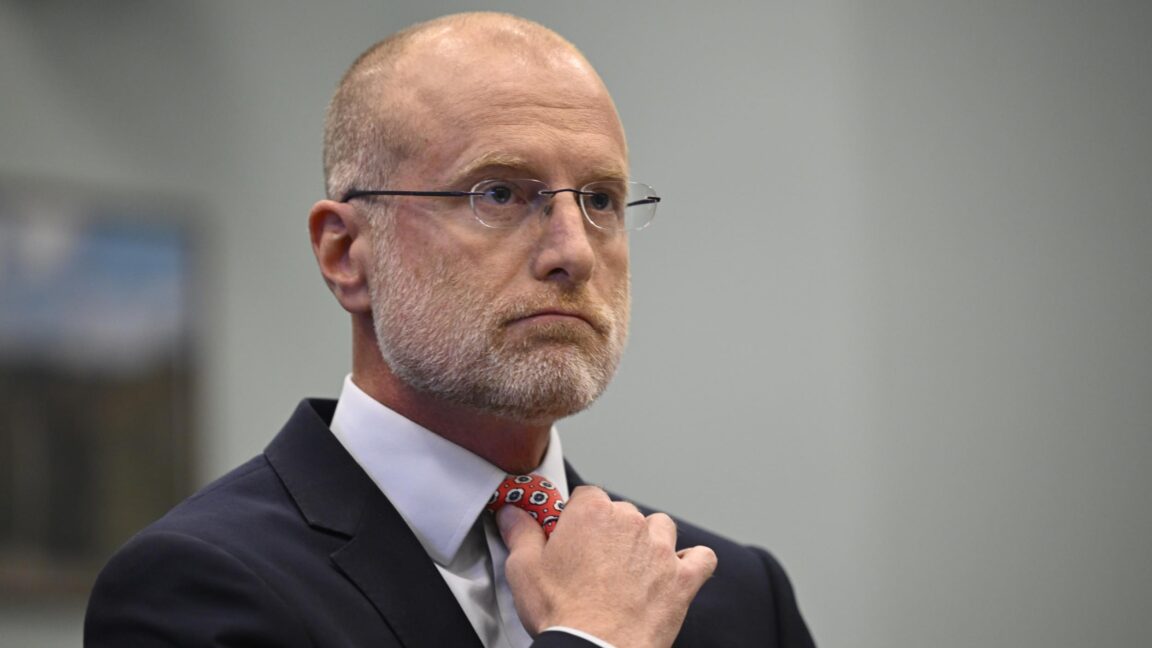The Federal Communications Commission (FCC) has announced significant changes to its broadband deployment standards, marking a departure from the metrics established during the Biden administration. Initiated under Chairman Brendan Carr, the new proposal aims to simplify the evaluation process for broadband providers, allowing the industry to receive a favorable assessment even if it does not achieve full universal deployment.
This proposal, set for a vote on August 7, 2024, seeks to eliminate the goal of providing gigabit speeds and abandon efforts to assess broadband affordability. Carr’s plan shifts the focus of the FCC’s analysis to whether broadband is currently being deployed, rather than measuring existing availability. According to Carr, the previous approach unnecessarily complicated the evaluation process by incorporating “extraneous” factors such as affordability, which he argues are not specified in the Telecommunications Act.
The act mandates that the FCC must determine if broadband is being deployed “on a reasonable and timely basis” to all Americans. If deployment is deemed inadequate, the FCC is required to take immediate action to enhance deployment by removing barriers and promoting market competition. Historically, Democratic-led commissions have criticized the industry for insufficient progress towards universal broadband access, while Republican-led commissions have tended to find that the industry is meeting its obligations.
Changes to Speed Standards and Reporting
Carr’s proposal also seeks to rescind the long-term goal established under former Chairwoman Jessica Rosenworcel, which aimed for broadband speeds of 1Gbps download and 500Mbps upload. This goal was intended to push the industry toward advanced telecommunications capabilities. Carr argues that including long-term goals in the FCC’s assessment framework risks favoring certain technologies and is not mandated by the statute.
The FCC’s most recent report, released in March 2024, had raised the benchmark for broadband speeds to 100Mbps download and 20Mbps upload. This standard will remain in place, though Carr’s proposal suggests a review of its appropriateness. He pointed out that the determination of a technological standard should adhere strictly to the statutory text of Section 706 and should not favor specific technologies, such as fiber, over others like satellite and fixed wireless.
Impact on Affordability and Market Dynamics
Under Carr’s leadership, the FCC is moving away from analyzing broadband pricing, a shift from the previous administration’s focus on affordability data. The 2024 report indicated that the lack of detailed pricing information, particularly in rural areas, limited the analysis of affordability trends. Carr criticized the inclusion of terms such as “affordability” and “adoption” in the FCC’s evaluations, stating that they do not appear in Section 706.
Carr’s proposal reflects a broader strategy to eliminate regulations he considers unnecessary, a campaign he has termed “Delete, Delete, Delete.” He invites comments on existing regulations that may hinder broadband deployment and investment. The emphasis appears to be on deregulation rather than introducing new rules, a move that could significantly reshape the landscape for broadband providers in the United States.
As the FCC prepares for the upcoming vote, the implications of these changes for broadband access and pricing remain to be seen. Stakeholders across the telecommunications sector are closely monitoring the developments, as they may influence future investments and the pace of broadband expansion nationwide.
